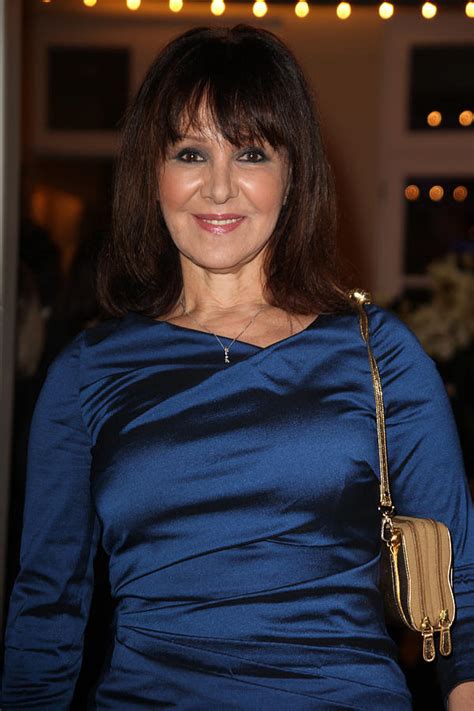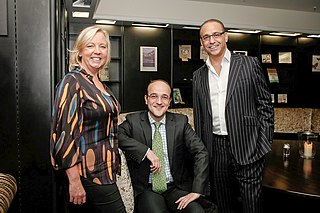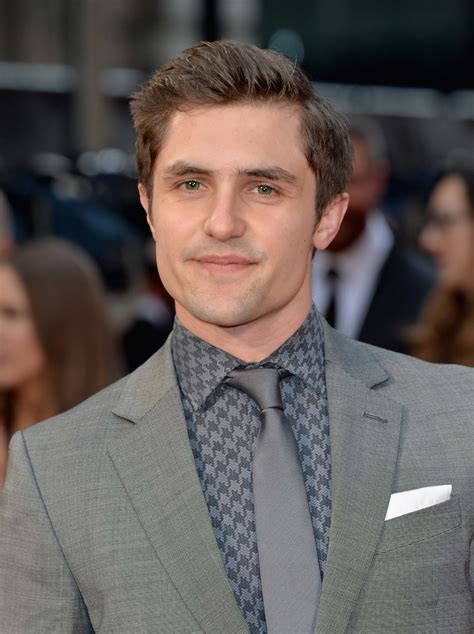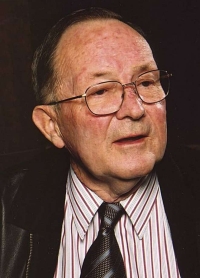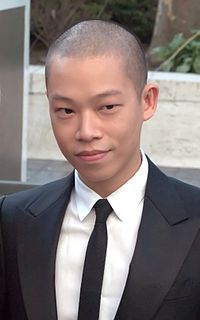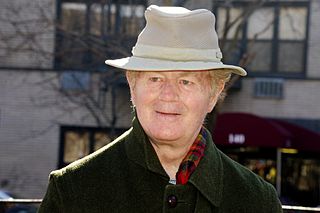A Quote by Nguyen Cao Ky
South Vietnam had to be built from scratch and, from the very beginning, depended far too much on the Western superpowers. As in the case of a person on public welfare, this dependency, which became greater with each day, was quite difficult to shake.
Related Quotes
My film isn't about Vietnam. It is Vietnam. It's what it was really like. It was crazy. And the way we made it was very much like the way the Americans were in Vietnam. We were in the jungle, there were too many of us, we had access to too much money, too much equipment and little by little we went insane.
Most of us who were opposed to the war, especially in the early '60's - the war we were opposed to was the war on South Vietnam which destroyed South Vietnam's rural society. The South was devastated. But now anyone who opposed this atrocity is regarded as having defended North Vietnam. And that's part of the effort to present the war as if it were a war between South Vietnam and North Vietnam with the United States helping the South. Of course it's fabrication. But it's "official truth" now.
People pay far too much attention to the television and they're quite literal in some ways. At the beginning, when I was playing very stupid characters, I think people genuinely thought I was possibly quite dim-witted myself, which is a compliment in some ways, as I must have been doing my job very well.
At the beginning of his administration, Reagan tried set the basis for American military intervention in El Salvador - which is about what Kennedy did when he came into office in regard to Vietnam. Well, when Kennedy tried it in Vietnam, it just worked like a dream. Virtually nobody opposed American bombing of South Vietnam in 1962. It was not an issue. But when Reagan began to talk of involving American forces in El Salvador there was a huge popular uproar. And he had to choose a much more indirect way of supporting the collection of gangsters in power there. He had to back off.
The U.S. directed the war against South Vietnam. There was a political settlement in 1954. But in the late '50's the United States organized an internal repression in South Vietnam, not using its troops, but using the local apparatus it was constructing. This was a very significant and very effective campaign of violence and terrorism against the Vietminh - which was the communist-led nationalist force that fought the French. And the Vietminh at that time was adhering to the Geneva Accords, hoping that the political settlement would work out in South Vietnam.
I think the first thing that I thought I would go and do as a career was be a rugby player. I had a trial with a club and it became very clear, very quickly that that wasn't going to be what I would end up doing. I was far too small and far too much of a lightweight, both mentally and physically, to play rugby at that level.
For the superior morality, of which we hear so much, we too would desire to be thankful: at the same time, it were but blindness to deny that this superior morality is properly rather an inferior criminality, produced not by greater love of Virtue, but by greater perfection of Police; and of that far subtler and stronger Police, called Public Opinion.
None of the people's wars of the sixties did very well, including the one in Vietnam. Vo Nguyen Giap himself has admitted a loss of 600,000 men between 1965 and 1968...Moreover, by about 1970 at least 80% of the day-to-day combat in South Vietnam was being carried on by regular NVA troops...Genuine black-pajama southern guerrillas had been decimated and amounted to no more than 20% of the communist fighting forces.
It is a key fact about American policy in Vietnam that the withdrawel of American troops was built into it from the start. None of the presidents who waged war in Vietnam contemplated an open-ended campaign; all promised the public that American troops would be able to leave in the not-too-remote future. The promise of withdrawel precluded a policy of occupation of the traditional colonial sort, in which a great power simply imposes its will on a small one indefinitely.
South Korea from a country that had relatively little primary education became close to universal literacy in the course of 25, 30 years, in a way trying to replicate what Japan had done earlier. They were learning to some extent from the Japanese experience too. So I think, in a sense, the East Asians were following a path, which all other countries including South Asia could follow but chose not too.




